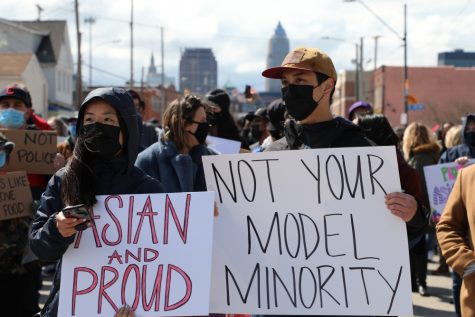Journalists vs Clapback

January 31, 2022
Journalism is arguably one of the most demanding professions a person can choose. Every day, news stories are released that require their workers to travel to different places globally, including dangerous environments, to get us the stories we read every day. The news world is filled to the brim with stories that span many different topics. And with so many different opinions, you’re bound to have some people who want to criticize and pick apart everything in a person’s article. This nitpicking is known as “clapback,” which is another term for a quick, sharp, and effective way to comment on something or someone.
Clapback has been around for centuries, sometimes even dating back to the earliest form of journalism: anonymous authors. It includes the fight for freedom of speech in the press, a long and dreadful one. People didn’t believe that others should be able to say what they wanted, even on the internet. However, this has drastically changed. The news media we know now has been substantially more open and involved than it has been in years, especially when it comes to the opinions of strangers. Journalists around the world and in schools have to deal with hate crimes and comments that disdain the purpose of their job or classes.
A journalist’s typical job is to give direct information to the public to the point (while, of course, being respectful). Sometimes this includes opinions that, unfortunately, some people don’t agree with, or choose not to. You’ll find that many overlook the controversy and would rather fight to hear these opinions in the media. Without opinions, we wouldn’t have diverse media that range from millions of different topics every week. Saying that we can’t comment or critique things that should be commented on is an invasion of ourselves and our First Amendment rights.









